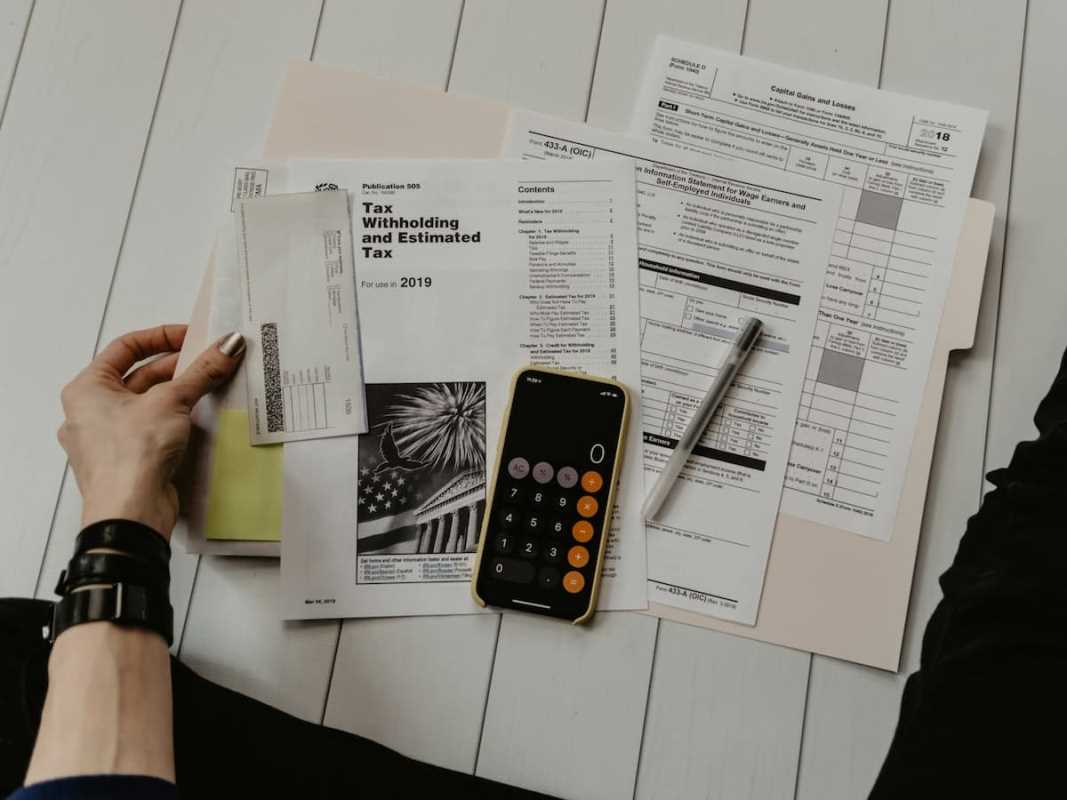Budgeting is a crucial financial skill that many people struggle with, yet it is essential for achieving financial stability and reaching your financial goals. Whether you're looking to save for a vacation, pay off debt, or build an emergency fund, mastering the art of budgeting can help you take control of your finances. Follow this step-by-step guide to start budgeting like a pro.
Setting Financial Goals
The first step in budgeting is to set clear financial goals. Determine what you want to achieve with your budget, whether it's saving for a down payment on a house, paying off student loans, or building an emergency fund. Having specific goals will help you stay motivated and focused as you create and stick to your budget.
Tracking Income and Expenses
To create an effective budget, you need to know how much money is coming in and going out each month. Start by tracking all your sources of income, including your salary, side hustle earnings, and investment dividends. Then, track your expenses by categorizing them into essentials (such as rent, groceries, and utilities) and non-essentials (such as dining out, entertainment, and shopping).
Creating a Budget
Once you have a clear picture of your income and expenses, it's time to create a budget that aligns with your financial goals. Allocate a portion of your income to cover essential expenses, such as housing, food, transportation, and debt payments. Then, allocate another portion to savings and investments. Finally, set aside a portion for non-essential expenses, but be mindful of overspending in this category.
Tracking and Adjusting
After creating your budget, it's important to track your spending regularly to ensure you're staying on track. Use budgeting apps or spreadsheets to monitor your expenses and income each month. If you notice that you're consistently overspending in certain categories, adjust your budget accordingly. Look for areas where you can cut back to free up more money for savings or debt repayment.
Building an Emergency Fund
One of the key components of a successful budget is building an emergency fund. Aim to save three to six months' worth of living expenses in a separate high-yield savings account. An emergency fund can provide a financial safety net in case of unexpected expenses, such as car repairs, medical bills, or job loss. Having this fund in place can prevent you from going into debt when faced with unforeseen circumstances.
Reviewing and Revising
As your financial situation changes, it's important to review and revise your budget regularly. Life events such as getting a raise, moving to a new city, or starting a family can impact your financial priorities and goals. Take the time to reassess your budget periodically and make adjustments as needed. By staying proactive and flexible, you can ensure that your budget remains effective in helping you achieve your financial dreams.
Mastering the art of budgeting takes time and effort, but the rewards are well worth it. By following this step-by-step guide and staying committed to your financial goals, you can take control of your finances, build wealth, and secure a brighter financial future. Start your budgeting journey today and watch your financial dreams become a reality.







